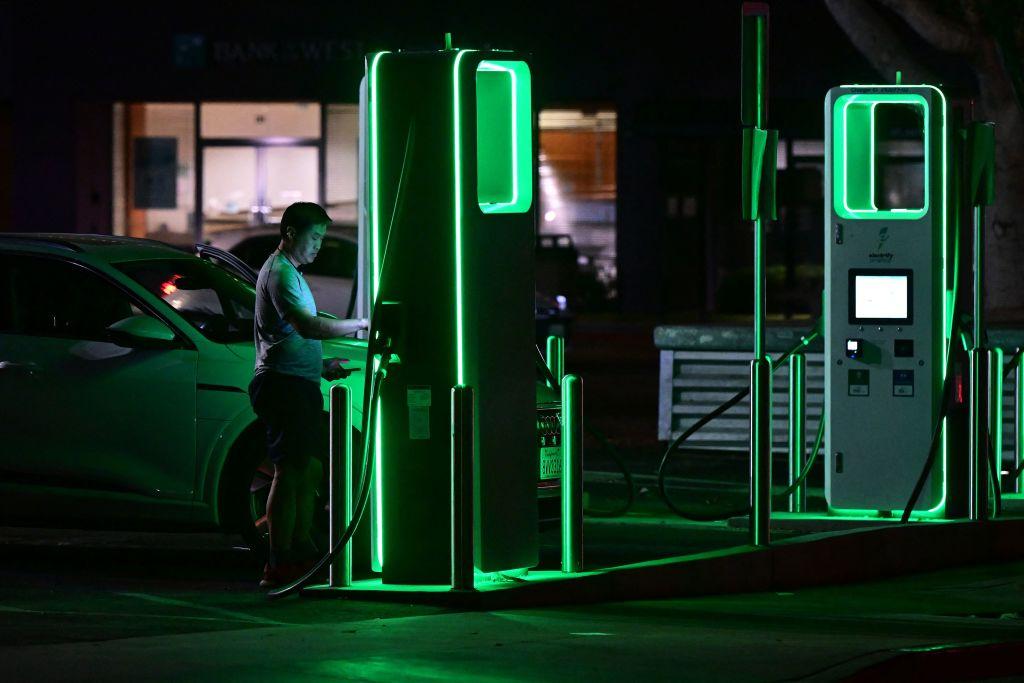Florida is asking the Environmental Protection Agency (EPA) to reject proposed new standards for fossil fuel power plants, saying they are part of unworkable efforts to remake America’s power grid and endanger the public.
“The EPA relies on a ‘hydrogen economy’ that does not currently exist to expedite the ’transition' of the nation’s power grid through unfounded technologies,” the Florida Department of Environmental Protection said in comments to EPA regulations proposed on May 23.





